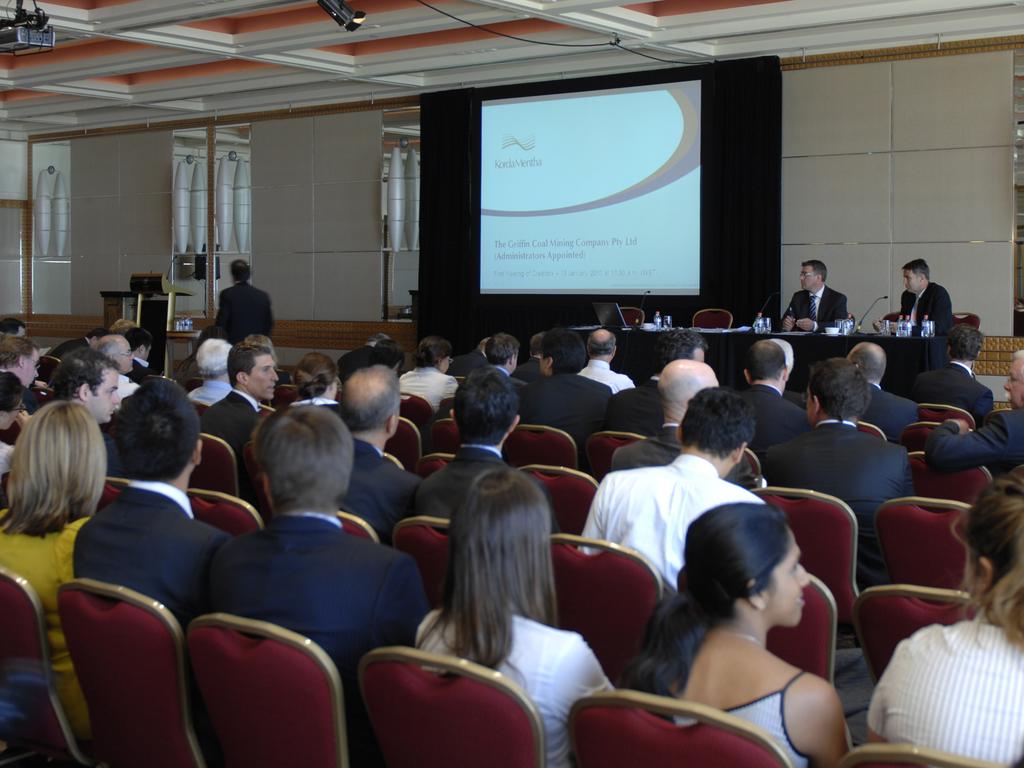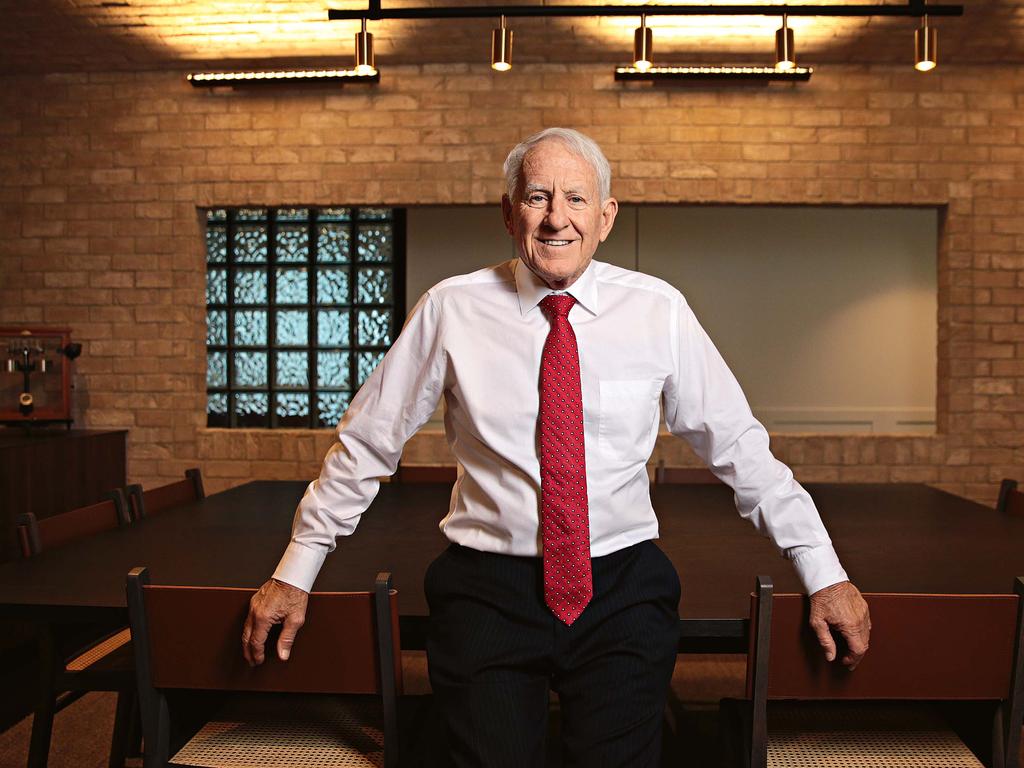Don’t censor proxy advisers — let the information flow

If his proposals are adopted, anyone who recommends that institutional investors vote against the election of a director or a CEO pay package would have to abide by new rules. Any ASX company would have the right to receive draft advice about it, five days ahead of publication, for pre-vetting and fact checking.
For a government supposedly committed to deregulation and the removal of red tape, this seems a curious corporate law reform priority.
But first some background. In Australia, any organisation providing research that investors might use to buy and sell securities is rightly subject to regulation.
There is a public interest in establishing minimum acceptable standards for investment research, so that securities markets are not unduly influenced by conflicts, shoddy practices and provider insolvency.
Advice on how investors should vote their proxies on resolutions at company meetings, particularly where those resolutions might influence a takeover or a selective buyback of capital, falls squarely within this regulatory regime.
Our firm, Ownership Matters (OM), provides proxy advice to institutional investors and we have an Australian Financial Services Licence (AFSL). We abide by the same guidelines that govern research quality and conflicts of interest for all sell-side researchers, independent experts and investment banks. We are already extensively regulated.
At the urging of corporate Australia, the Australian Securities & Investments Commission did a comprehensive review of proxy advisers in 2017. It had not received a single complaint from sophisticated investors who use their services. Our firm had over 1500 of our reports examined. Not one error was identified.
In its 2018 report ASIC found no evidence of systemic errors throughout the industry and no instance where investors had been misled, deceived or dictated to by advisers. It found no evidence of any harm to investors.
So why the sudden interest in regulating this sector? Governance recalcitrants like Gerry Harvey and Solomon Lew have long decried dissenting views on AGM issues. The Australian Institute of Company Directors, dissatisfied with the average vote in favour of incumbent directors of 96 per cent, has spent a decade advocating for the importation of proposals aimed at curtailing the US proxy advisory industry.
The case for intervention is poor. Even Treasury is confused.

In its consultation paper on “Greater transparency of proxy advice” it could not point out a single instance of harm caused by proxy advice. It acknowledged that advice about many resolutions put up at AGMs fell outside the AFSL regime because there was not a financial or market impact.
So what possible economic reason could there be to regulate the dissemination of opinion about the performance of a director? Surely there should be a free market for the exchange of views among shareholders about the performance of the stewards of their capital. Dissent is part of what makes capitalism work. We shouldn’t regulate to protect the hurt feelings of directors.
The AFSL system works because it focuses only on the actions of proxy advisers that influence the market for the buying and selling as shares. It does not extend to opinions about non-financial matters.
A proxy adviser’s AFSL could be cancelled if error-ridden reports are published that mislead investors, quality falls below the minimum standard as a result of failing to meet issuers, or conflicts of interest unduly affect research recommendations.
In Australia most sophisticated investors apply a commercial filter to voting decisions rather than a “back office” approach that follows advisory recommendations.
No one is forced to buy proxy research. Any provider of poor-quality analysis ought not to expect their work to have much influence or commercial success.
Provided that there is a free and competitive market for proxy advice, good research will prevail over bad. Wholesale investors are capable of identifying quality research; regulators do not need to do it for them.
In particular, we are concerned about the Treasurer’s proposal to require that our reports be privately released five days before publication for “fact checking” by companies. Even Trump abandoned a similar proposal in the US as an affront to free speech.
This proposes a higher operating standard (and cost) on proxy analysis and contradicts ASIC’s edict that investment research should not be selectively distributed in advance of publication.
It’s strange that an organisation like the Business Council of Australia is demanding this censorious intrusion into the rights of sophisticated private citizens to contract with each other.
Even the Treasurer has missed the irony in regulating the production of research on the non-binding votes on remuneration reports that were introduced as a feedback mechanism by the Howard government.
It’s a special breed of hubris that yearns for the good old days in corporate Australia when dissenting views were not expressed and all resolutions passed with 99 per cent majorities.
In a free market, each actor bears the consequences of their decisions. The state has no role in regulating voting research for institutional investors on non-financial issues.
Dean Paatsch is a director of Ownership Matters, a proxy and governance risk adviser.






Treasurer Josh Frydenberg’s intention to regulate proxy advisers is a bizarre intervention in the rights of private citizens to contract with each other for the exchange of opinion and advice.